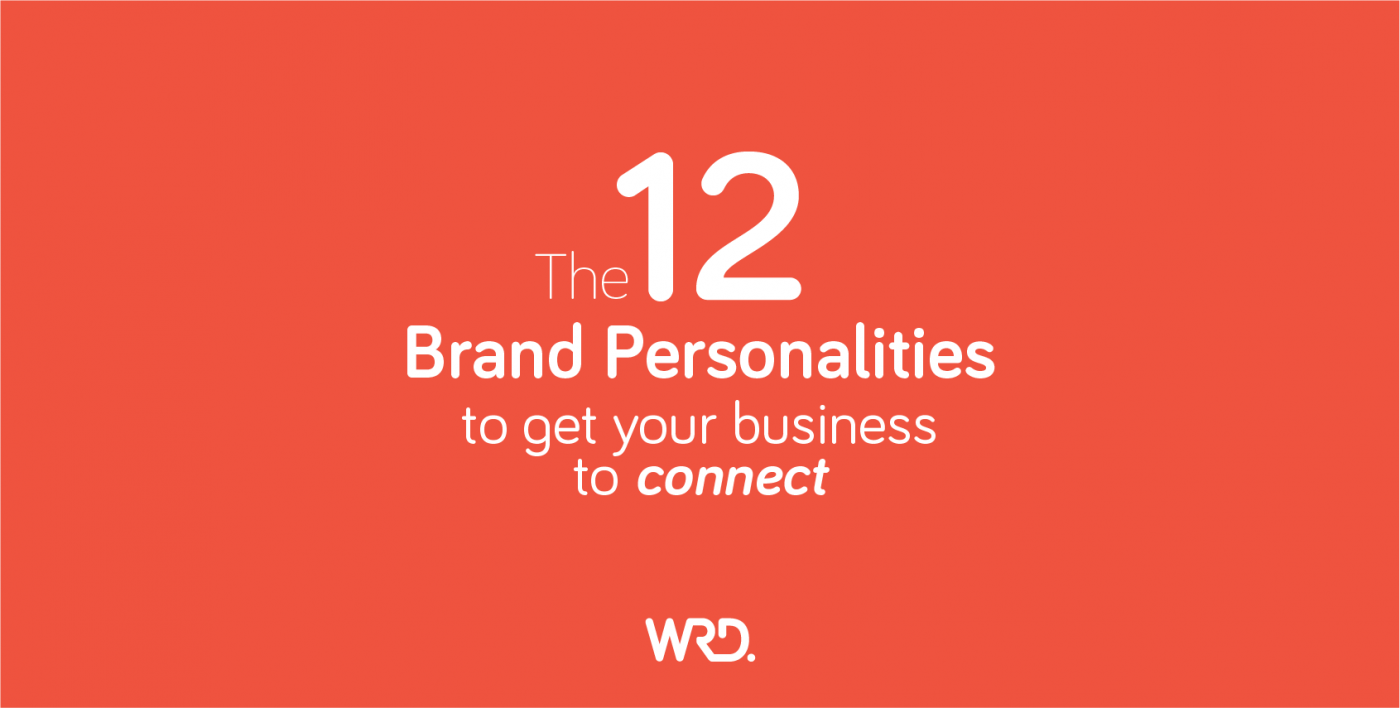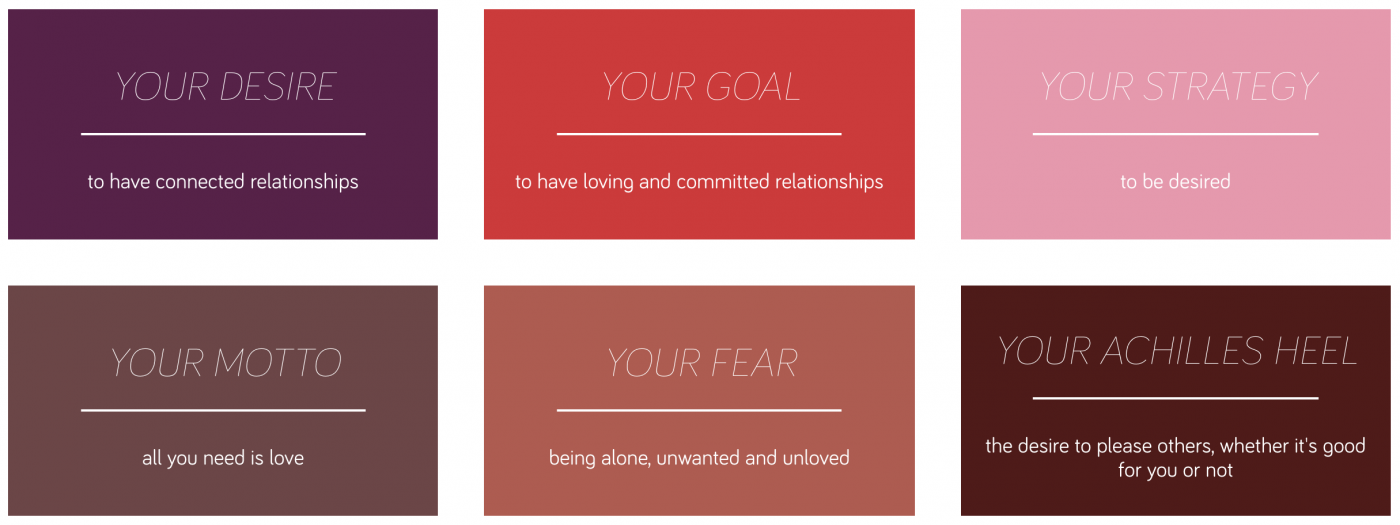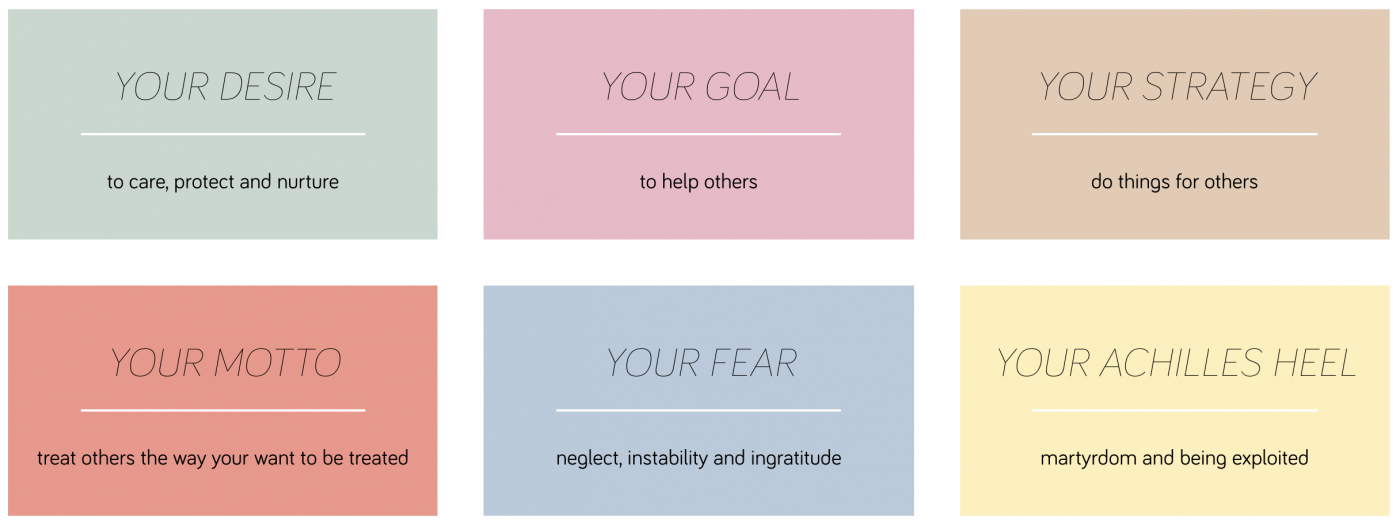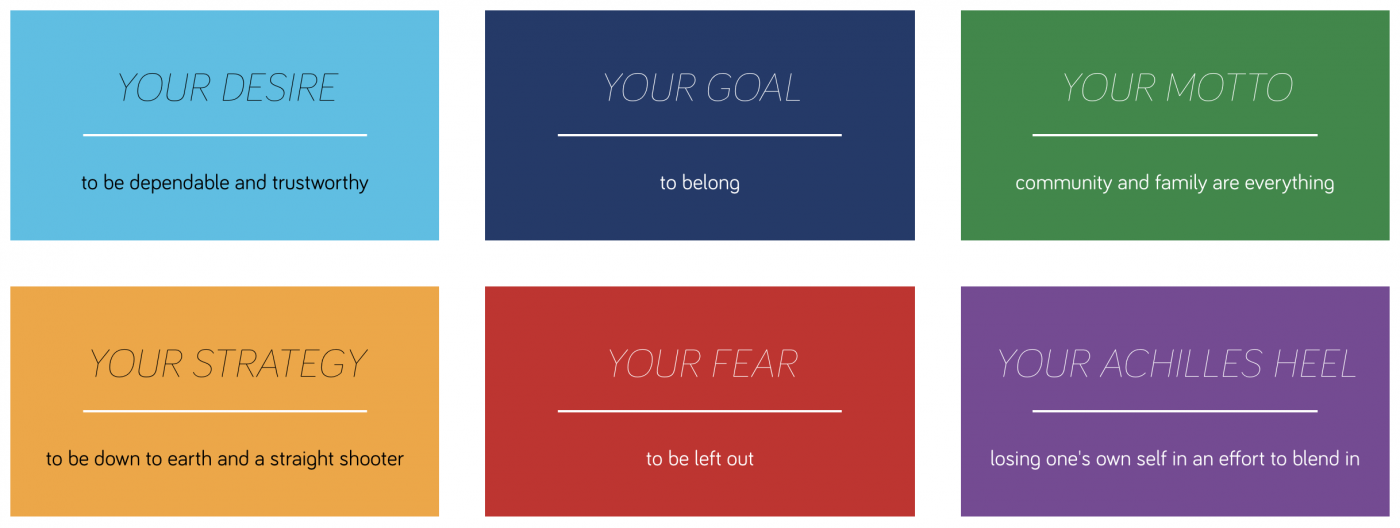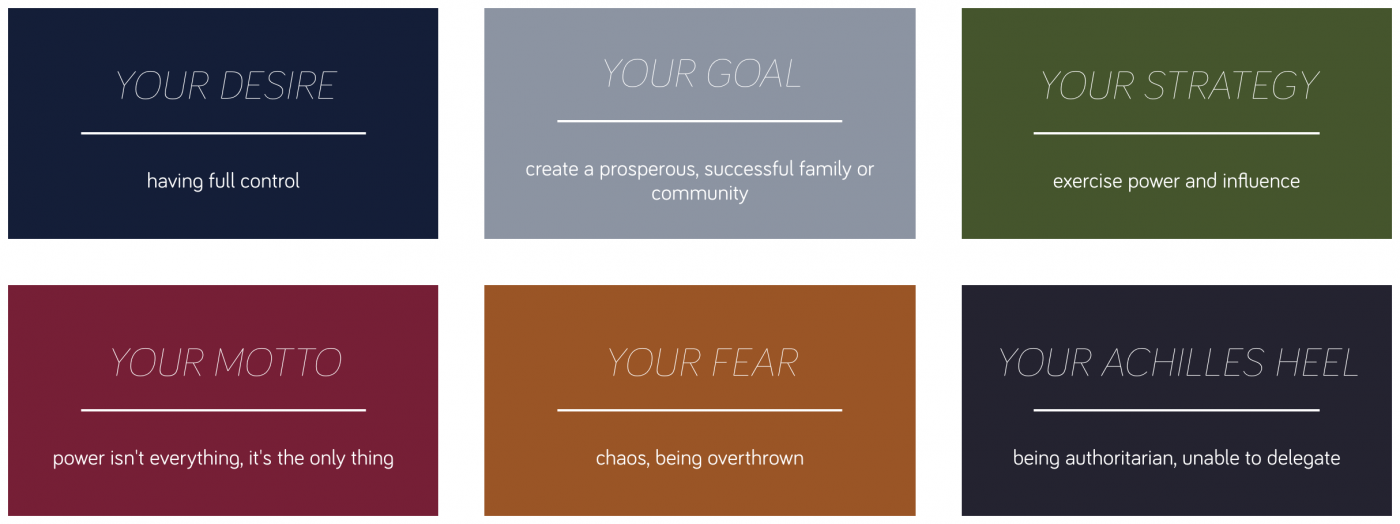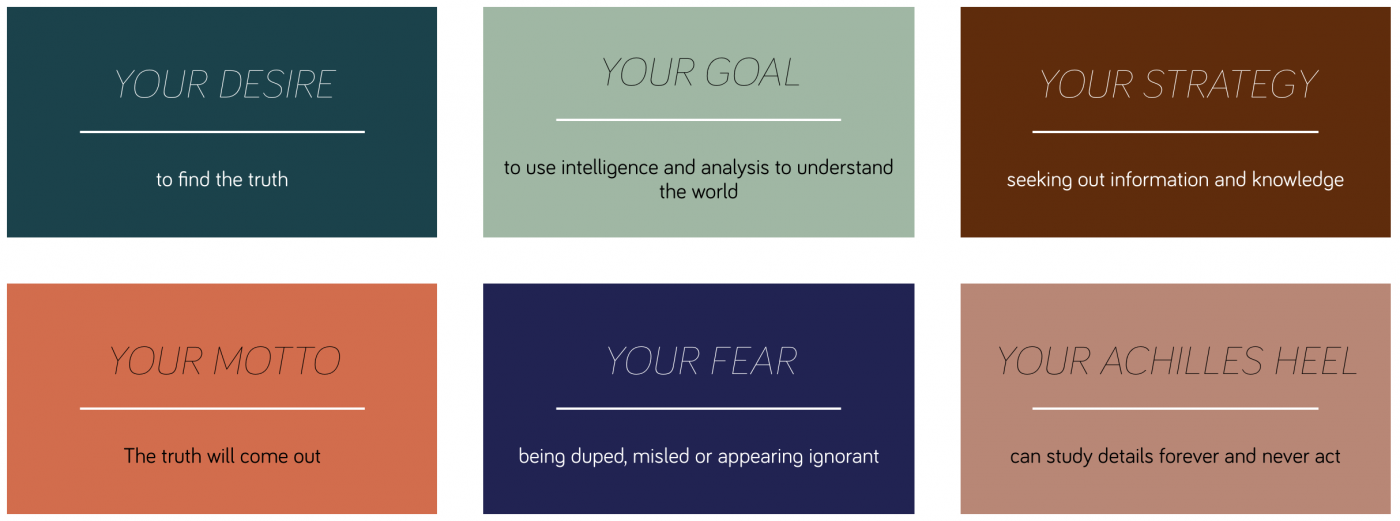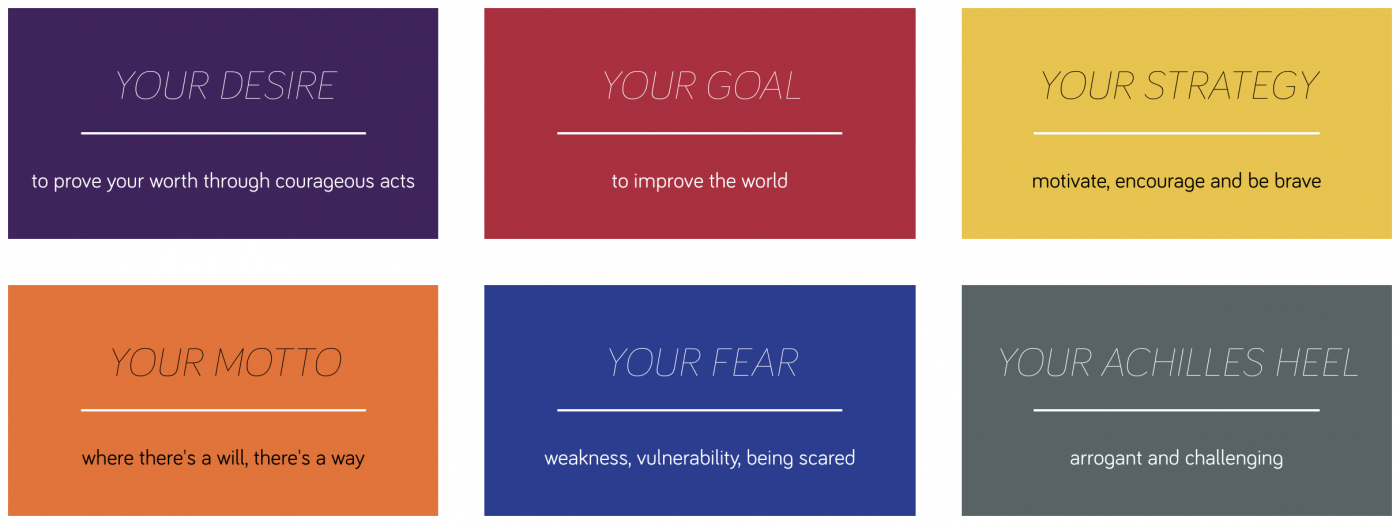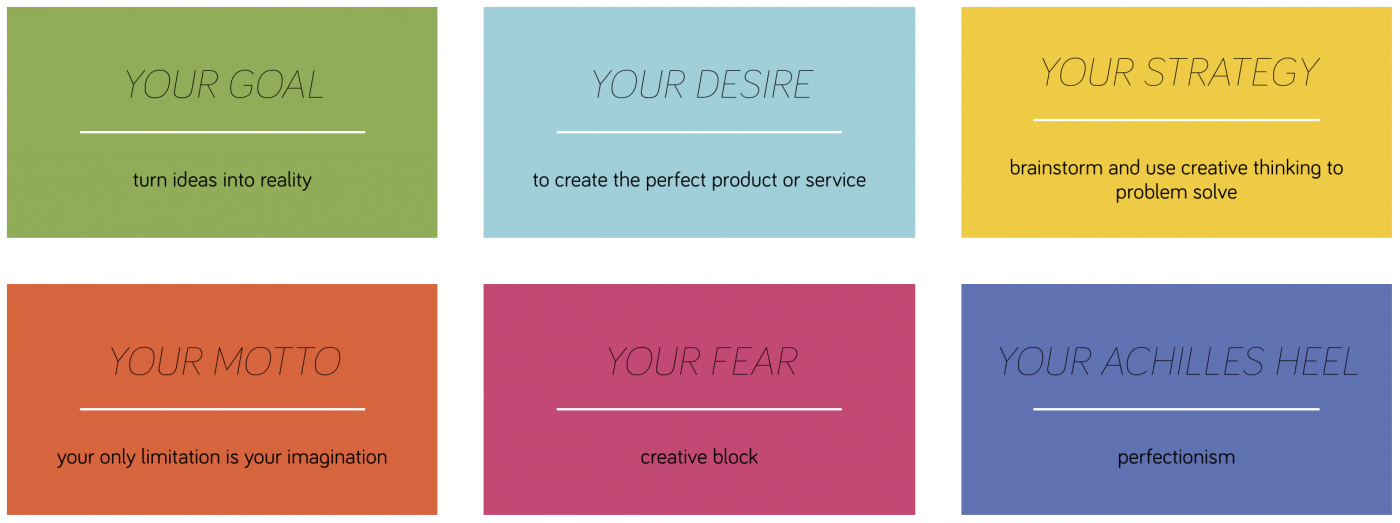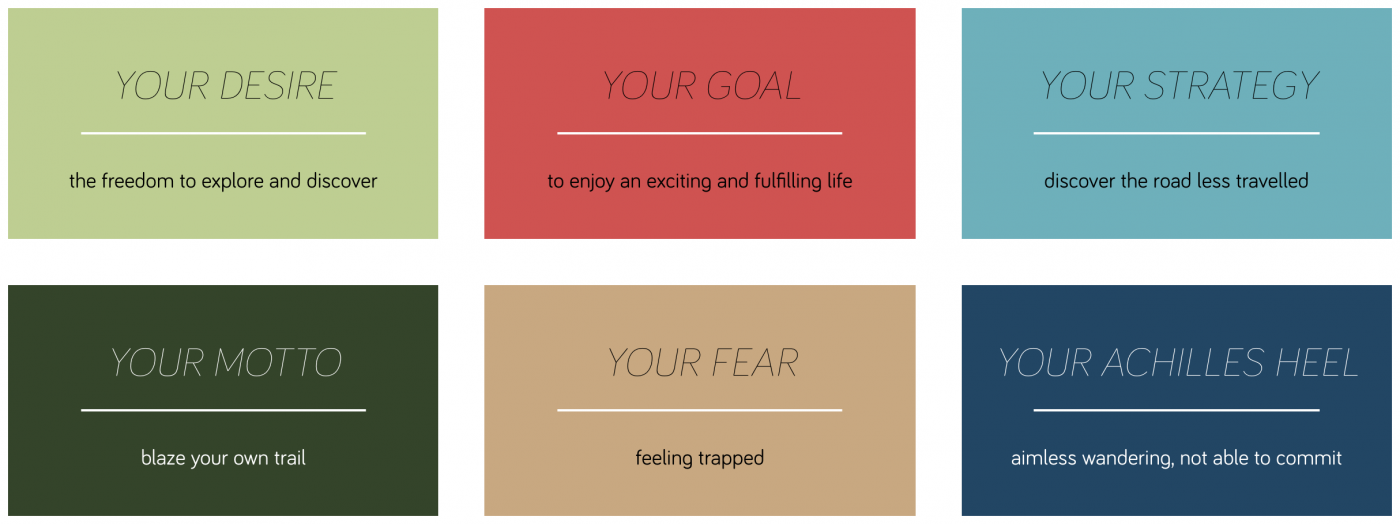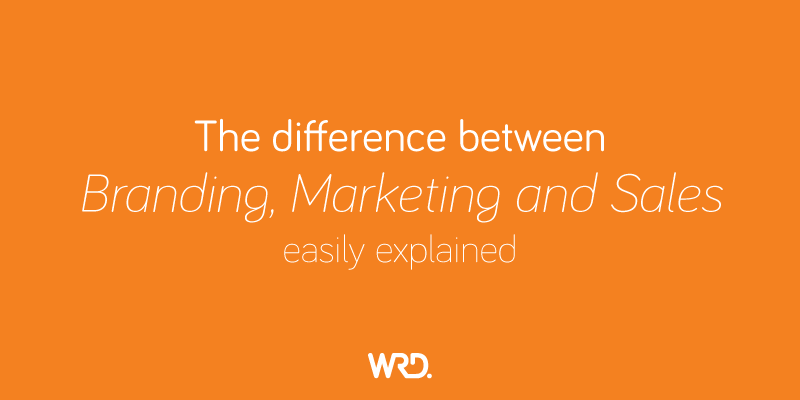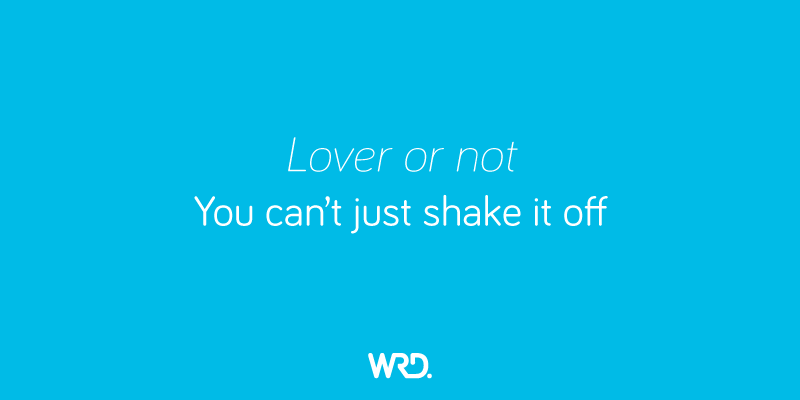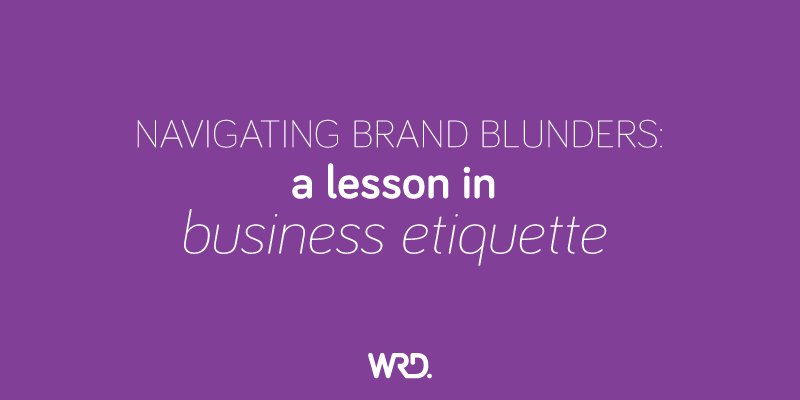Discover the 12 Brand Personalities and how they can help you build a connected brand
For centuries stories have been told of hero’s that save the day, sage’s that impart their wisdom and magicians that turn dreams into reality. Story telling is as prevalent today as it ever was, especially when it comes to developing and maintaining a brand.
Humans are creatures of habit and will tend to identify with things that they are familiar with. When it comes to branding the aim of the game is to create a connection that resonates with your customer so that they feel an affinity to the brand. To start this process, we need to identify what the Brand Personality is. These are the attributes of the brand that people relate to when they look at, or experience the brand that defines if it is attractive to them.

In modern society we use 12 Archetypes that were originally defined by psychologist and philosopher Carl Jung. These personality archetypes can be effectively utilised in branding a business to give it attributes that can enhance or cement their message. These personalities are determined not by WHAT you do, but by HOW you do it. That is where the personality piece comes in.
Uncovering your Brand Personality can be challenging as most people tend to focus on themselves and not the brand. We have our own Brand Personalities Quiz that you can use to find out your business or personal brand personality. But before you start, you might like to take a look at the 12 personality archetypes that we look at.
The Rebel
The Rebel brand personality is successful at developing truly radical ideas, products, and services; leading reform of all kinds; and/or serving as the contrarian voice in debates. Revolutionary types need to be careful about coming across as reckless, shaking things up endlessly/needlessly, and becoming stubbornly oppositional.
The Rebel may strengthen your brand’s identity if it:
- has customers or employees who feel disenfranchised from society
- helps retain values that are threatened by emerging ones, or paves the way for revolutionary new attitudes
- is low to moderately priced
- breaks with industry conventions
The Rebel is also known as:
- Troubleshooter : Sees problems/drawbacks/defects in current ways of doing things and determines how to improve them
- Radical/outlaw : Lives/thinks outside the bounds of conventions and/or takes action or risk without waiting for others to agree/catch up
- Challenger/contrarian : Questions the tried and true; presents opposing points of view
- Populist : Believes in the premise of giving “power to the people”
- Game-changer : Initiates radical innovations that change the rules of the game or the realities of the marketplace
The Entertainer
The Entertainer brand personality excels at brainstorming and thinking outside the box; finding clever ways around obstacles; and having fun while getting work done.
- The Entertainer may be a good identity for brands:
- that give people a sense of belonging
- that help people have a good time
- that are low or moderately priced
- that are produced by a fun-loving company
- that need to be differentiated from self-important, overconfident established brands
The Entertainer is also known as:
- Jester : Helps others have fun or a good time
- Wit : Uses ingenuity and resourcefulness; lives by his/her wits
- Wise fool : Sees the absurdity/hypocrisy of life and rises above it
- Holy fool : Emphasises living life in the now in a Zen way
- Jovial truth-teller : Satirizes or parodies current thinking
The Seducer
The Seducer brand personality is about evoking emotion and creating relationships. The brand is interested in building real partnerships among employees and clients; seeing the possibilities for greater quality of life; and establishing harmonious ways of working together.
The Seducer may be a good identity for your brand if:
- it helps people belong, find friends or partners
- it’s function is to help people have a good time
- it is low to moderately priced
- it is produced by a freewheeling, fun-loving organisational structure
- it needs to differentiate itself from self-important, overconfident brands
The Seducer is also known as:
- Partner/intimate : Forms close bonds; finds ways to make others feel special
- Harmoniser : Ensures that relationships are harmonious and pleasurable
- Connector/matchmaker : Brings together people/groups who are well suited
- for each other
- Aesthete : Appreciates/creates beauty and beautiful environments
- Bon vivant : Lives life with passion and enthusiasm
The Caregiver
The Caregiver brand personality are most successful at providing consistent, high-quality service or care; creating stable and nurturing environments; and advocating for others at a very high level.
The Caregiver may be right for your brand identity if
- it gives customers a competitive advantage
- it supports families (products from fast-food to minivans) or is associated with nurturing (e.g. cookies, teaching materials)
- it serves the public sector, e.g. health care, education, aid programs and other care
- giving fields
- helps people stay connected with and care about others
- helps people care for themselves
- is a non-profit or charitable cause
The Caregiver is also known as:
- Supporter/advisor : Lends a helping hand, support, or counsel to others
- Advocate : Stands up to others on behalf of those in need
- Nurturer : Provides comfort, kindness, and compassion to others
- Service provider : Provides consistent, high-quality service or support
- Altruist : Gives selflessly to make a difference for others
The Neighbour
The Neighbour (previously known as The Everyman) brand personality are successful at establishing a sense of belonging and human dignity to others; creating hard-working teams that take pride in their work; and fostering real camaraderie among employees. They are also seen as the person next door, the realist, good old boy, solid citizen and good neighbour due to their attributes of realism, empathy and lack of pretense.
The Neighbour provides a good identity for brands:
- that give people a sense of belonging
- with an everyday functionality
- with low to moderate prices
- produced by a solid company with a down-home organisational culture
- that need to be differentiated in a positive way from more elitist or higher-priced brands
The Neighbour also known as:
- Egalitarian : Believes in the inherent worth and dignity of all
- Realist : Tries to face the facts as they are, not as she or he wishes they were
- Communitarian : Seeks and builds community in all situations
- Comrade/pal : Likes to be one of the gang
- Democrat : Believes in the concept of “all for one and one for all”
The Innocent
The Innocent brand personality derives the most pleasure when everything is based on their values and beliefs. Innocent brands are often successful at ignoring and moving through barriers that would stop others, as they naturally have attributes of being idealistic, optimistic and hopeful. They tend to see the positive in any situation, maintaining faith in their ideals and motivate others to also believe that everything will work out in the end.
The Innocent provides an identity for brands that:
- offer a simple solution to an identifiable problem are associated with goodness, morality, simplicity, nostalgia or childhood
- are low or moderately priced are produced by a company with straightforward values need to be differentiated from brands with poor reputations.
The Innocent is also known as:
- Idealist/utopian : Lives through belief in the perfect world or a set of ideals
- Traditionalist : Remains loyal to and maintains faith in simple values and virtues
- Perseverer : Stays the course and goes “where angels fear to tread”
- Optimist : Believes in the power of positive thinking
- Cheerleader : Encourages and cheers on others
The Ruler
The Ruler brand personality is most often successful when they can make decisions that benefitothers,usepower to create positive outcomes, and make order out of chaos. Ruler types need to be careful about dominating others, getting bogged down in policies and procedures, and becoming overly hierarchical or political.
The Ruler may be right for your brand identity if:
- it is a high-status product used by powerful people to enhance their power
- it makes people more organised
- it offers a lifetime guarantee
- it empowers people to maintain or enhances their grip on power
- it has a regulatory or protective function
- is moderately to high priced
- you want to differentiate it from more populist brands or one that is a clear leader in the field
- it is a market leader that offers a sense of security and stability in a chaotic world
The Ruler is also known as:
- Leader : Takes charge of people/situations; takes responsibility for the
- good of others
- Powerbroker : Uses power/influence to get things done
- Conductor/orchestrator : Directs complex systems/processes/structures
- and/or creates order
- Role model : Sets standards for others to follow
- Peacemaker : Finds common ground among disparate individuals and/or groups
The Sage
The Sage brand personality is the best brand archetype at developing significant expertise; gathering and analysing information so that it’s useful to others; and contributing knowledge to almost any situation. Sage types need to be wary of ivory tower thinking, dogmatism, and coming across as lacking feeling/empathy.
The Sage would be a good identity for brands:
- that provide expertise or information to customers
- that encourage customers to think
- that are based on new scientific findings or esoteric knowledge
- that are supported by research-based facts
- want to differentiate themselves from others whose quality or performance is suspect
The Sage is also known as:
- Expert/guru : Develops own knowledge and expertise to the highest level
- Philosopher/contemplative : Uses deep thinking to seek and create clarity
- Mentor/teacher : Shares wisdom with the world
- Investigator : Researches and gathers information
- Analyst : Thinks things through and synthesises learning
The Magician
The Magician brand personality serves as catalysts for change; turning problems into opportunities; reframing difficulties; empowering people, teams, and networks; and creating flexible, win/win solutions for all involved in a situation.
The Magician could be the right identity for your brand if: – the product or service is transformative
- its implicit promise is to transform customers
- it has a new-age quality
- it is consciousness-expanding
- it is user-friendly
- has spiritual connotations
- it is a very new, contemporary product
- it is medium- to high-priced
The Magician is also known as
- Catalyst/change agent : Sees opportunities for change or provides impetus for innovative transformation
- Envisioner : Sees possibilities and develops a clear vision of the future
- Healer : Effects individual or group healing
- Intuitive : Uses synchronicities/hunches/serendipity to set a course
- Wizard: Has a talent for unexpected, serendipitous results
The Hero
The Hero brand personality are very successful at producing consistent results; creating teams and systems that fulfill objectives; and giving their all to achieve a goal. This is mainly due to their core talents of being competent and courageous. The Hero can also be seen as a rescuer and crusader, they can be both the winner and the team player.
The Hero could be good for brands:
- that are inventions or innovations that will have a major impact on the world
- that help people be all they can be
- that solve a major social problem or encourage others to do so
- that have a clear opponent you want to beat
- that that are underdogs or challenger brands
- that are strong and help people do tough jobs exceptionally well
- that need to be differentiated from competitors that have problems following through or keeping their promises
- whose customers see themselves as good, upstanding citizens
The Hero also known as:
- Competitor/winner : Energised by overcoming obstacles and competing with others
- Dragon slayer : Energised by besting adversaries
- Crusader/rescuer : Emphasises making a difference for others
- Achiever : Consistently produces results and succeeds through discipline/focus
- Coach : Shapes individual or team performance by bringing out the best in others
The Creator
The Creator brand personality is one that develops distinctive, original products and services and/or innovating new solutions or expressive means.
Attributes: innovative, imaginative, creative, artistic, experimental, willing to take risks, ambitious, desire to turn ideas into reality, inventor, musician, writer or dreamer
The Creator may be right for your brand identity if:
- it promotes self-expression, gives customers choices and options, helps foster innovation or is artistic in design
- it is in a creative field like marketing, public relations, the arts, or technological innovation
- you want to differentiate it from a “do-it-all” brand that leaves little room for the imagination
- your product has a do-it-yourself aspect that saves money
- your customer has the time to be creative
- your organisation has a creative culture
The Creator is also known as:
- Artisan : Gives expression to visions/thoughts/ideas
- Innovator : Generates ideas for new approaches
- Inventor : Devises objects or ideas that perform new functions
- Builder/designer : Makes new forms/objects/processes/structures
- Dreamer : Envisions ideas and sees the world through an imaginative lens
The Explorer
The Explorer brand personality stays current with trends, encouraging individual initiative, and providing others with the opportunity to learn and grow.
The explorer is a good identity for brands that:
- helps people feel free, nonconformist or pioneering
- is rugged and sturdy or for use in the great outdoors or in dangerous settings
- can be purchased from a catalog or on the Internet
- helps people express their individuality
- can be purchased for consumption on the go
- want to differentiate themselves from a successful regular guy/gal brand or conformist brand
- have an explorer culture that creates new and exciting products or experiences
The explorer is also known as:
- Trailblazer/pioneer : Sees or scouts for new opportunities/possibilities
- Adventurer : Emphasises adventure and/or new experiences
- Seeker/wanderer : Searches for a unique identity, path, or solution
- Iconoclast : Places great value on being different and/or independent
- Individualist : Maintains personal integrity and authenticity in all endeavors
WRD has created a Brand Personalities quiz which through a series of questions, we are able to determine what brand personality your business is. For more information on a one on one consultation, please call 1800 403 680 or email your enquiry.
